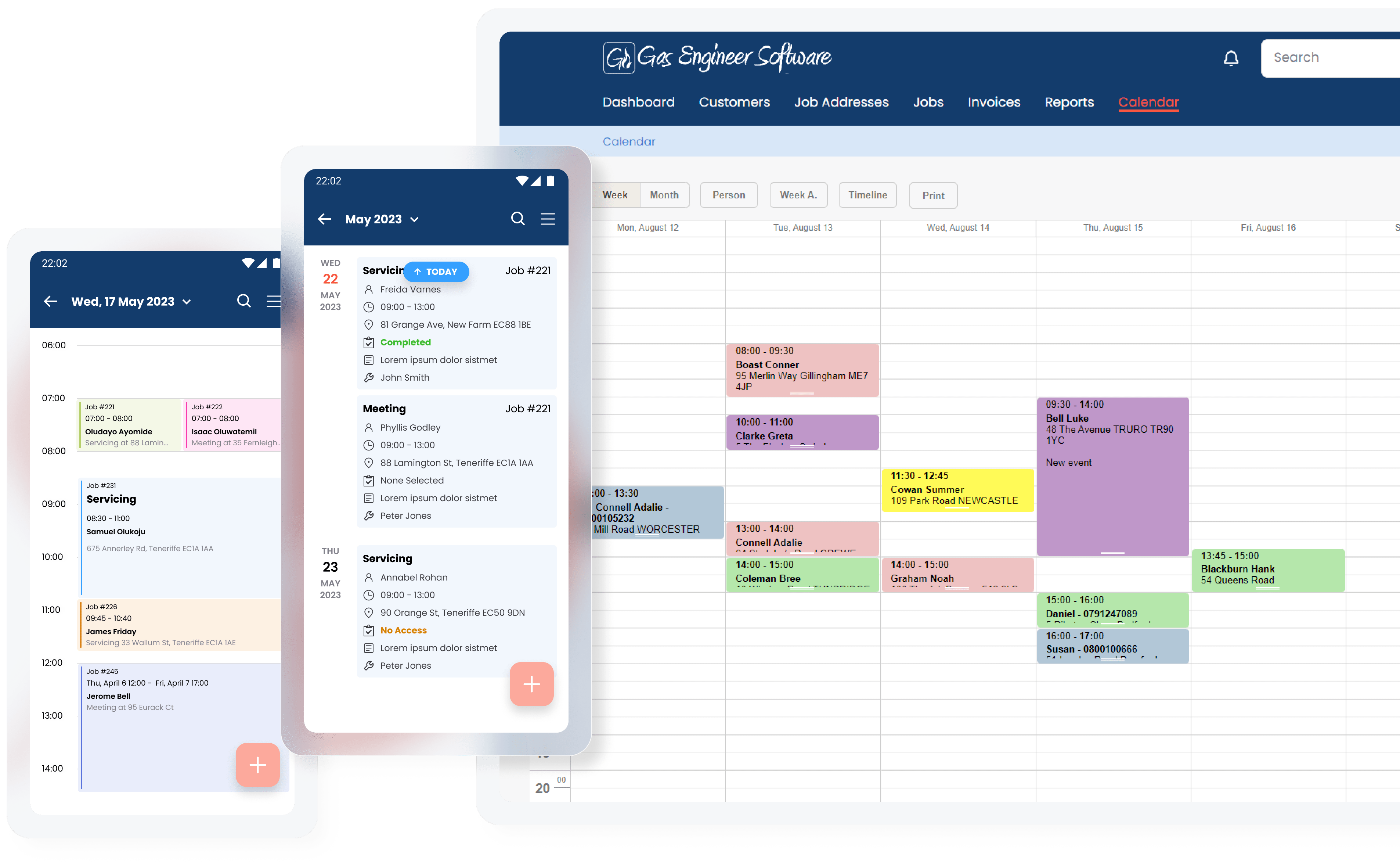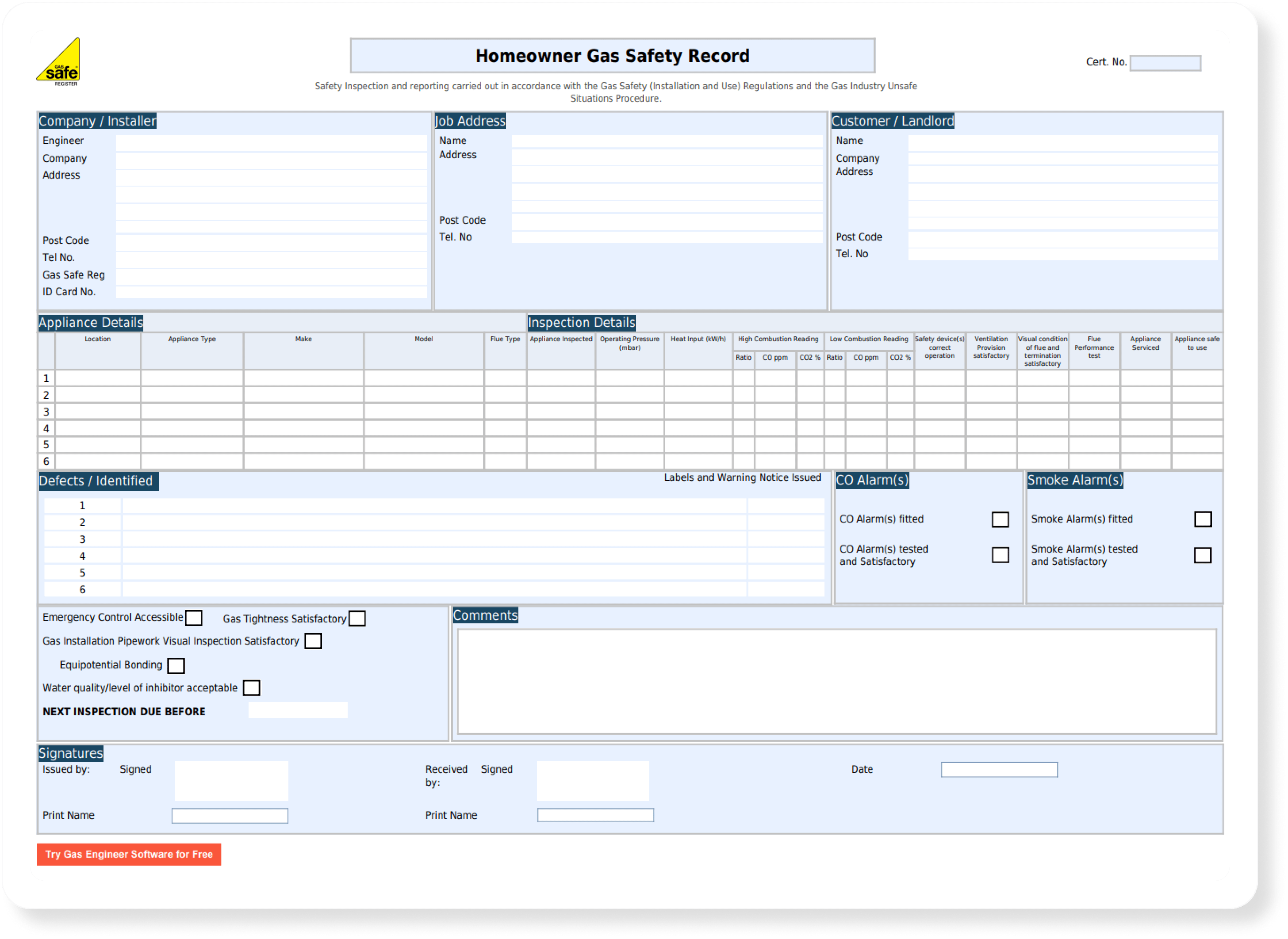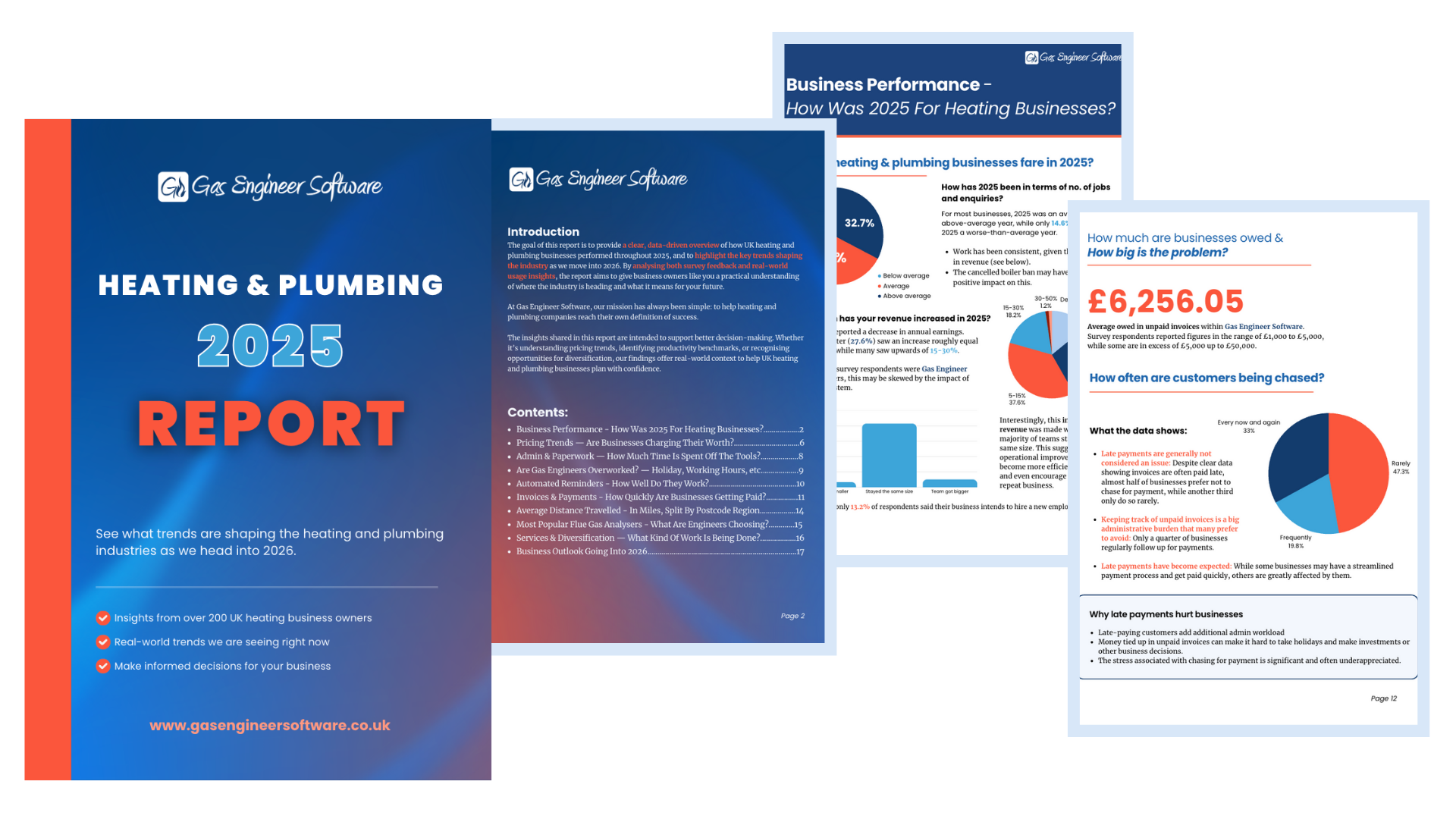How to Choose the Best Software for Your Heating Business
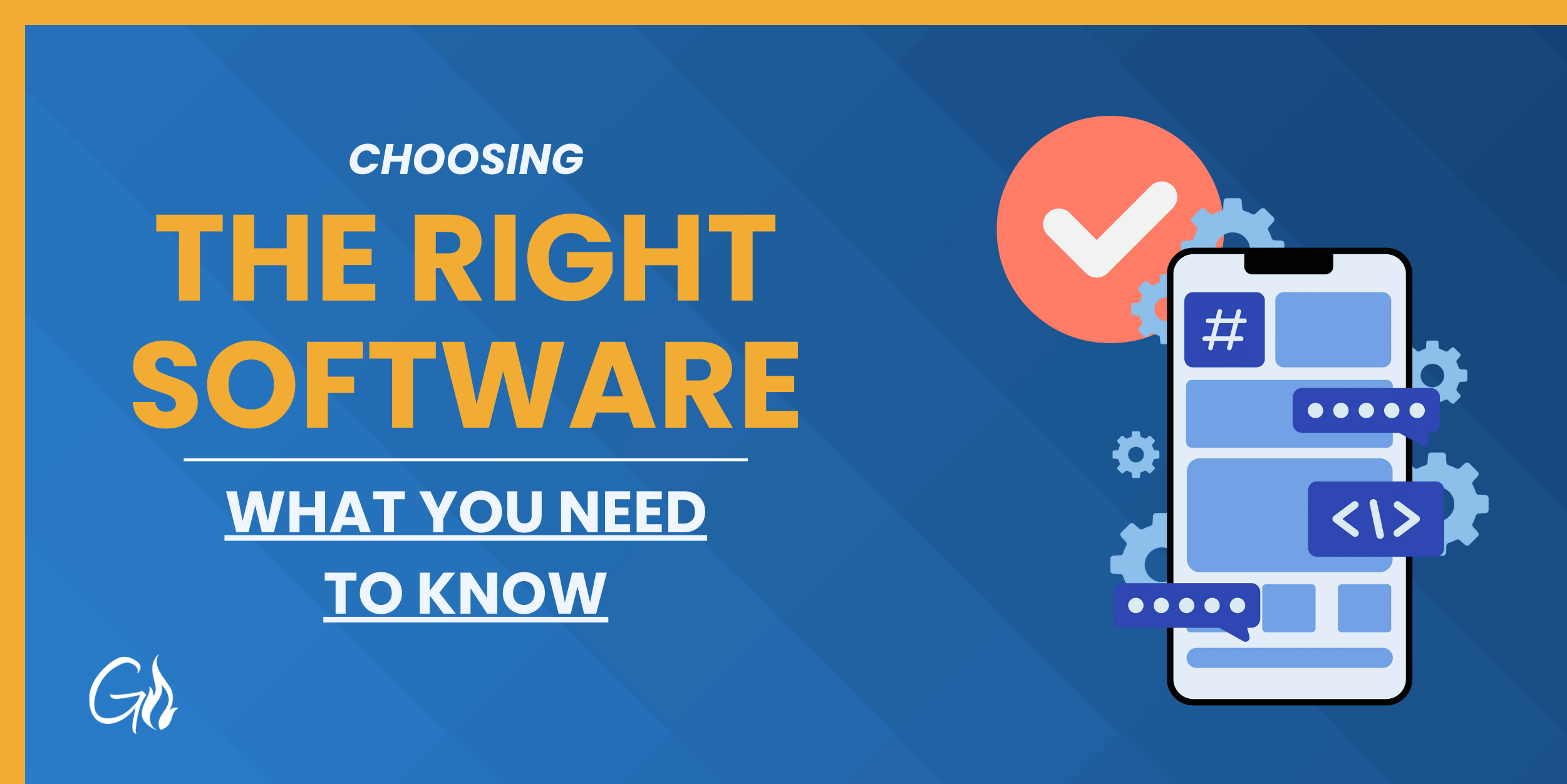
Both admin and paperwork are crucial parts of any heating and plumbing business. Without good work done back in the office, the wheels simply wouldn’t turn.
However, both are essentially ‘unpaid’ and work you don’t (directly) bill your customer for.
For sole traders especially, the work is time-consuming, prone to mistakes, and can be mundane at times.
Discovering an unpaid invoice from 3 months ago, losing invoices you need for your taxes, having to explain a scheduling mix-up — all of these are problems good job management software can solve. But which one is best suited for a heating and plumbing business? And which is best for your business?
Specialised vs generalised software
There are many good software options available on the market, but not all are so well-suited for heating and plumbing businesses. This is because each individual trade has parts of the job that can’t be boiled down into a generalised software that caters for any tradesperson.
As a gas engineer, you’ll need software that, at the bare minimum, allows you to create Gas Safety Certificates and other gas records you need to issue to customers. Otherwise, you’ll be using a complicated mix of paper, apps, and software.
Beyond that, features like flue gas analyser integrations, gas safety and service reminders, and an integrated gas rate calculator make your job far quicker and easier.
With generalised software, you’re paying for features an electrician would use, a more cluttered app, and less specialised customer support.
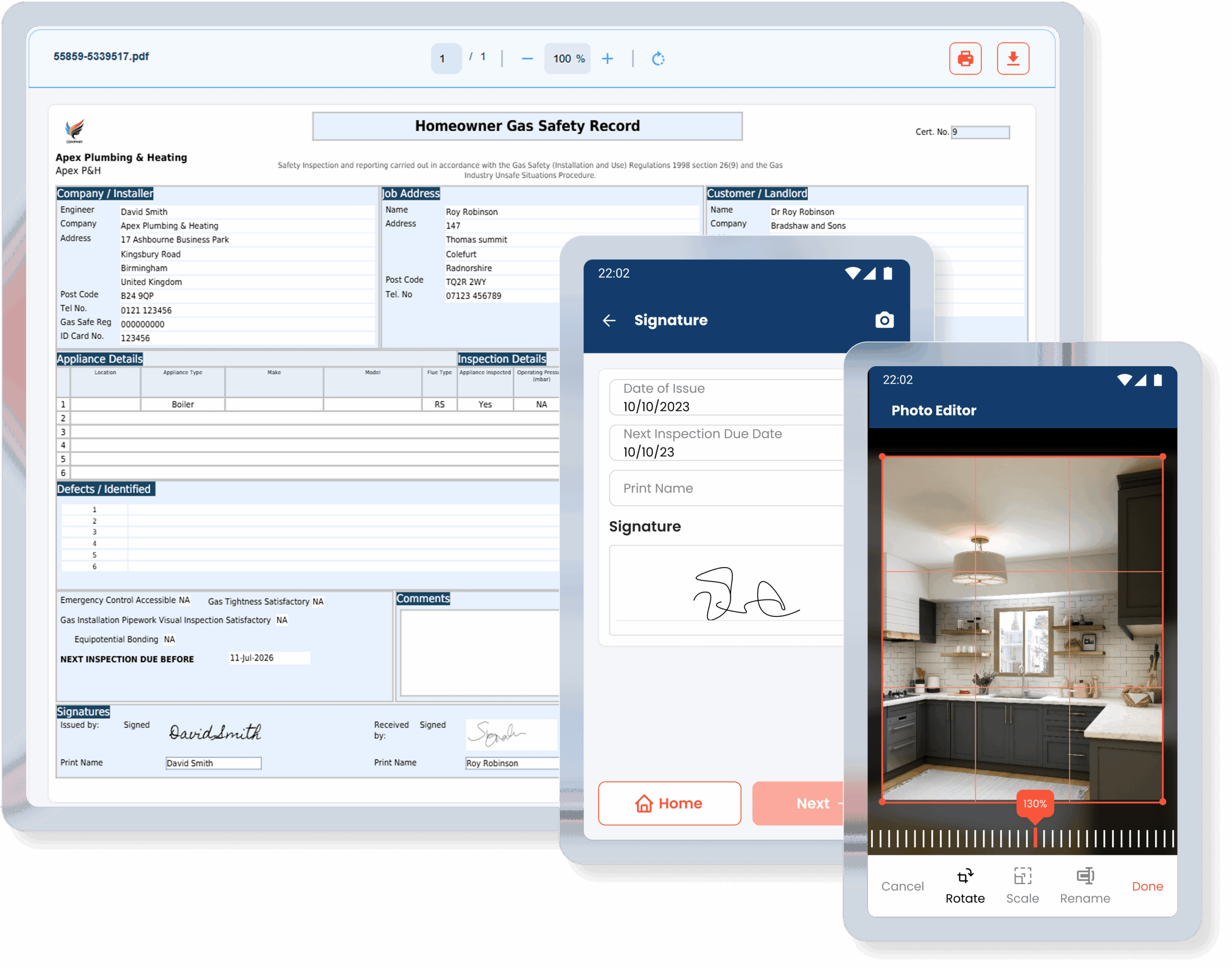
Key features of software for heating & plumbing businesses
A sole trader may do the same work as a heating & plumbing company with 20 engineers, but their needs as a business are very different. Here’s an overview:
For sole traders
Gas engineers working as sole traders need software that allows them to finish their work in the field and massively cut down on the amount of admin and paperwork.
For sole traders, the most important features to look for are:
With a setup like Gas Engineer Software, certificates can be quickly issued on-site before being automatically filed away for future reference.
Quotes can be put together at any time from your van, and invoices can be sent to the customer before setting off to the next job.
Being able to handle customer details as a CRM is hugely important too, and is what allows systems like Gas Engineer Software to be so organised. With this data kept in one place, the software can even send automated service reminders to help you book extra jobs.

Small teams of 2-5
A step up from sole traders, smaller teams have some additional challenges when it comes to scheduling work and managing engineers.
Usually, this means having part-time or full-time admin staff working behind the scenes. Rather than juggling work through a combination of spreadsheets, external calendars, or even WhatsApp, an integrated schedule brings these members of staff closer to your engineers and makes managing work seamless.
Here’s a list of features for a small heating and plumbing business (~2-5 employees):
- Certificate & records
- Quotes & invoices
- Customer detail management
- Automated reminders
- Scheduling
- Multi-device support
For these businesses, a customer relationship management (CRM) platform becomes even more important as staff can access job histories, see what has been done previously, and provide an overall better quality of service.
Larger heating & plumbing companies (5+ staff)
As a team grows, so does its way of working. The best software for larger heating and plumbing businesses will still have the core essentials (certificates, quoting, invoicing, reminders, etc), but also features that provide a top-down view of the business and help identify areas for improvement.
For example, being able to quickly generate a list of unpaid invoices not only enables you to better keep track of your payments, but it could also hint that something in your payment process needs improving.
Similarly, having a customisable job management system is crucial for staying on top of jobs as they bounce between office staff and engineers.
Here are some of Gas Engineer Software’s features, especially useful for larger heating & plumbing companies:
- Multi-device support
- Integrated calendar system
- Accounting integrations with Xero, QuickBooks, and Sage
- Custom access rights
- Customisable job statuses
- Appointment confirmations
- Easy invoice & payment received tracking
- Service reminder reports
